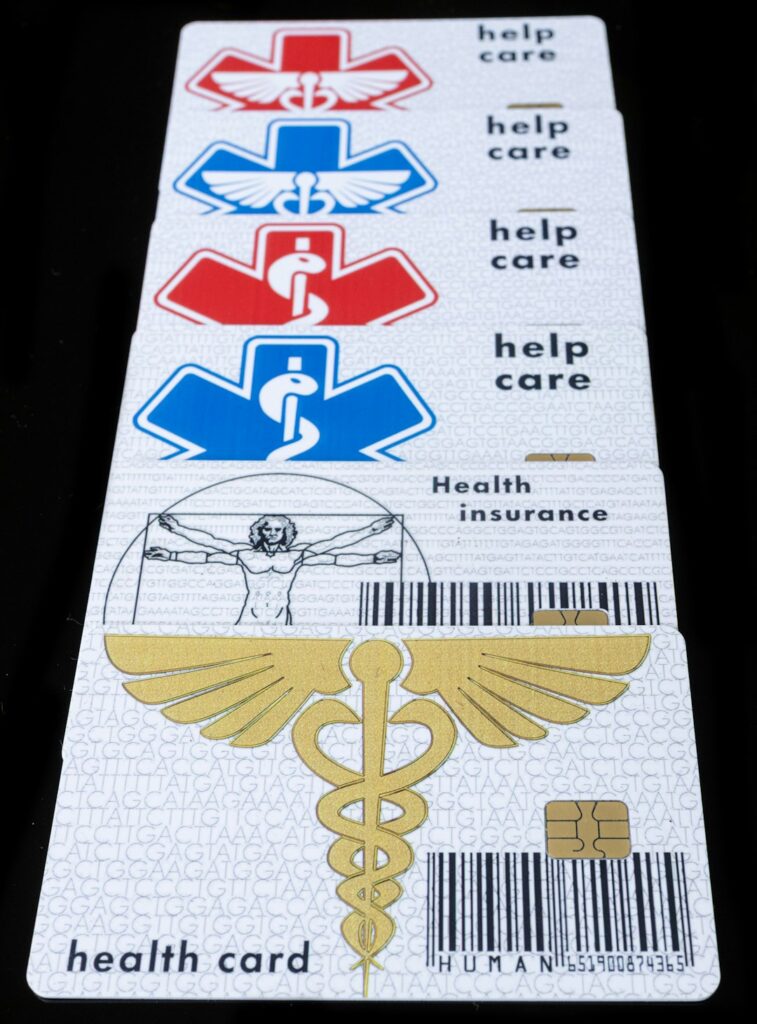AI Tools for Healthcare: Revolutionizing Patient Care and Management
As technology continues to advance, one of the most influential areas of development is in AI healthcare applications. These tools are transforming how healthcare providers diagnose, treat, and manage patient care, offering more efficient solutions and improved outcomes. In this article, we will explore various AI applications in healthcare, their benefits, and the challenges they face in implementation.
Understanding AI Healthcare Applications
AI healthcare applications are designed to assist healthcare professionals in a variety of tasks, from patient diagnostics to treatment recommendations. They leverage data analytics, machine learning, and natural language processing to analyze vast amounts of healthcare data quickly and accurately. These technologies are transforming the medical landscape by enabling predictive analytics, personalized medicine, and enhanced operational efficiency.
Key Areas of AI Applications in Healthcare
- Clinical Diagnosis: AI tools can analyze medical images and patient data to assist in diagnosing diseases, often with higher accuracy than human professionals.
- Treatment Personalization: By analyzing genetic data, AI can help in creating personalized treatment plans that cater specifically to individual patient needs.
- Operational Efficiency: AI streamlines administrative tasks such as scheduling, billing, and patient management, reducing the burden on healthcare staff.
- Predictive Analytics: AI tools can predict patient outcomes based on historical data, thus helping healthcare providers to intervene proactively.
The Benefits of AI in Healthcare
The integration of AI technologies in healthcare offers numerous benefits that enhance both patient experiences and clinical efficiencies. Here are some of the key advantages:
Improved Accuracy in Diagnostics
AI algorithms can process complex data sets to identify patterns and anomalies that may not be apparent to human clinicians. For instance, AI tools have been successfully used in radiology to detect early signs of cancer in medical imaging.
Enhanced Decision-Making
With AI healthcare applications, clinicians have access to a vast array of information, enabling them to make well-informed decisions swiftly. This not only helps in timely treatments but also reduces the chances of errors.
Cost Reduction
By automating routine tasks, AI can significantly reduce operational costs for healthcare facilities. Less time spent on administrative duties means that healthcare providers can focus more on patient care.
Challenges of Implementing AI in Healthcare
Despite the advantages, there are several challenges that the healthcare industry faces when it comes to implementing AI tools. Some of these challenges include:
Data Privacy and Security
Protecting patient data is paramount in healthcare. AI applications often require access to sensitive information, raising concerns about data privacy and cybersecurity threats. Robust protocols need to be established to safeguard patient data.
Integration with Existing Systems
Integrating AI solutions into existing healthcare frameworks can be a complex task. Many healthcare facilities use legacy systems that may not be compatible with new AI technologies, which can hinder implementation.
Regulatory Compliance
The healthcare industry is heavily regulated. Ensuring that AI tools comply with regulations such as HIPAA in the US or GDPR in Europe is essential to prevent legal complications.
Future Trends in AI Healthcare Applications
The future of AI in healthcare looks promising, with several emerging trends that could reshape patient care. Some of these include:
Telemedicine Integration
AI tools will play a vital role in enhancing telemedicine by providing real-time data analysis during virtual consultations, making remote diagnosis and treatment more effective.
Wearable Technology
Integration with wearable devices will enable AI systems to monitor patient health continuously, providing data that can lead to early detection of health issues and personalized interventions.
Collaborative AI
AI will increasingly collaborate with healthcare professionals, serving as an assistant that augments human capability rather than replacing it. This collaboration can lead to a more synergistic approach to patient care.
Conclusion
AI healthcare applications are revolutionizing the healthcare industry, offering remarkable benefits while also presenting unique challenges. As the technology continues to evolve, it is crucial for healthcare providers to embrace these tools thoughtfully, ensuring that they enhance patient care without compromising data security. The future of healthcare is undoubtedly intertwined with the advancements in artificial intelligence, promising improved efficiency, accuracy, and personalized patient experiences.
Enhancing Diagnostic Accuracy
AI healthcare applications are significantly improving the accuracy of diagnoses across various medical fields. By leveraging algorithms that analyze vast amounts of data, including medical images and patient history, these tools can assist healthcare professionals in identifying conditions more swiftly and accurately. For example, AI-driven imaging software can detect anomalies in radiographs that may be missed by the human eye, ultimately leading to earlier intervention and better patient outcomes.
Predictive Analytics for Patient Outcomes
Another exciting aspect of AI healthcare applications is their ability to predict patient outcomes based on historical data and real-time inputs. By analyzing patterns in patient records, AI tools can assess risks for diseases and recommend preventative measures tailored to individual patients. This predictive capability not only enhances personalized care but can also reduce the overall healthcare costs by preventing severe complications through timely interventions.
Streamlining Administrative Processes
In addition to clinical applications, AI healthcare applications are streamlining administrative processes in hospitals and clinics. Tools that automate scheduling, billing, and data management reduce the administrative burden on healthcare staff. By freeing up time and resources, these applications enable healthcare providers to focus more on patient care rather than administrative duties, ultimately improving the overall efficiency of healthcare delivery.


